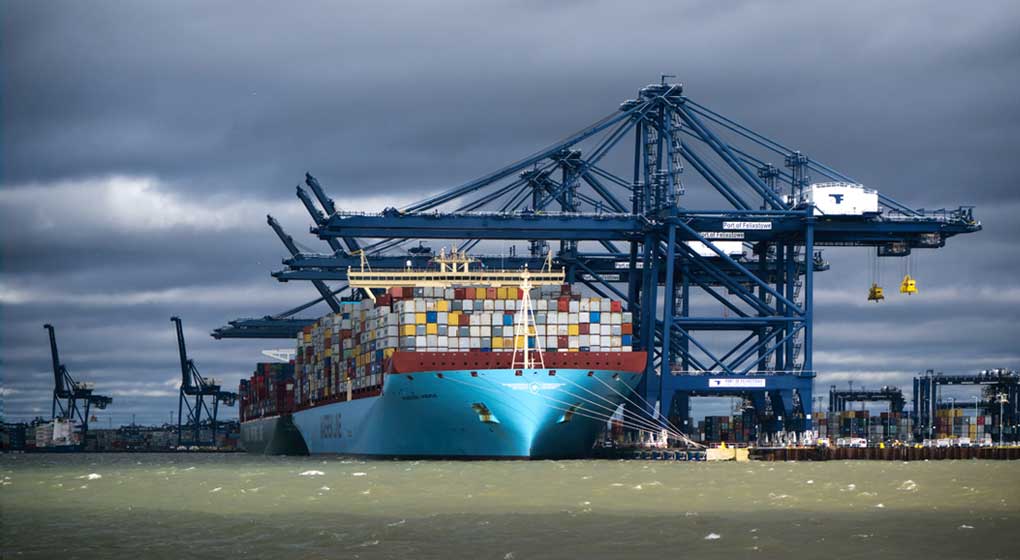Spiraling freight costs threaten global food prices
Evidence of a doubling and in some cases nearly tripling of maritime freight costs over the last month from exporters across the food supply chain has raised a red flag for food prices.
The British Meat Processors Association, along with other food industry bodies, have been receiving alarming reports showing costs of a refrigerated shipping container to China, in the worst cases, rocketing almost 200% from £1200 to £3500, often with a new £500 ‘fuel surcharge’ included. We’ve also heard of new $1000+ ‘congestion taxes’ now being levied at ports in China and the Philippines.
While some increase may be understandable due to difficulty filling ships for return journeys, the current price hikes which have persisted from early March are starting to look like opportunistic exploitation by a small group of large global companies which control that market.
In the worst cases, rocketing almost 200% from £1200 to £3500, often with a new £500 ‘fuel surcharge’ included
As early as mid March, reports were coming in that the congestion in Chinese ports had eased, with terminal operations returning to more normal working conditions. Indeed Shanghai, the world’s largest container port by volume had expanded its capacity for handling and storage of refrigerated containers by 40%.
Back in early March, Frank Madsen from Danish freight forwarder Blue Water Shipping was quoted as saying: ‘There’s both a space and equipment issue that we think could continue for four to eight weeks’, however, the return to more normal volumes of activity in China hasn’t yet been reflected in the spot freight cost. Instead, shipping companies are somehow managing to maintain prices at hugely inflated levels.
While one might think this is just affecting big businesses, the reality is that these price hikes will end up being passed on to consumers who can least afford it, both here in the UK and in poorer countries like the Philippines.
As exporters of food supplies, we’re not asking for special treatment from shippers, but we are asking them to strike an equitable balance on pricing and not exploit an already dire situation.






